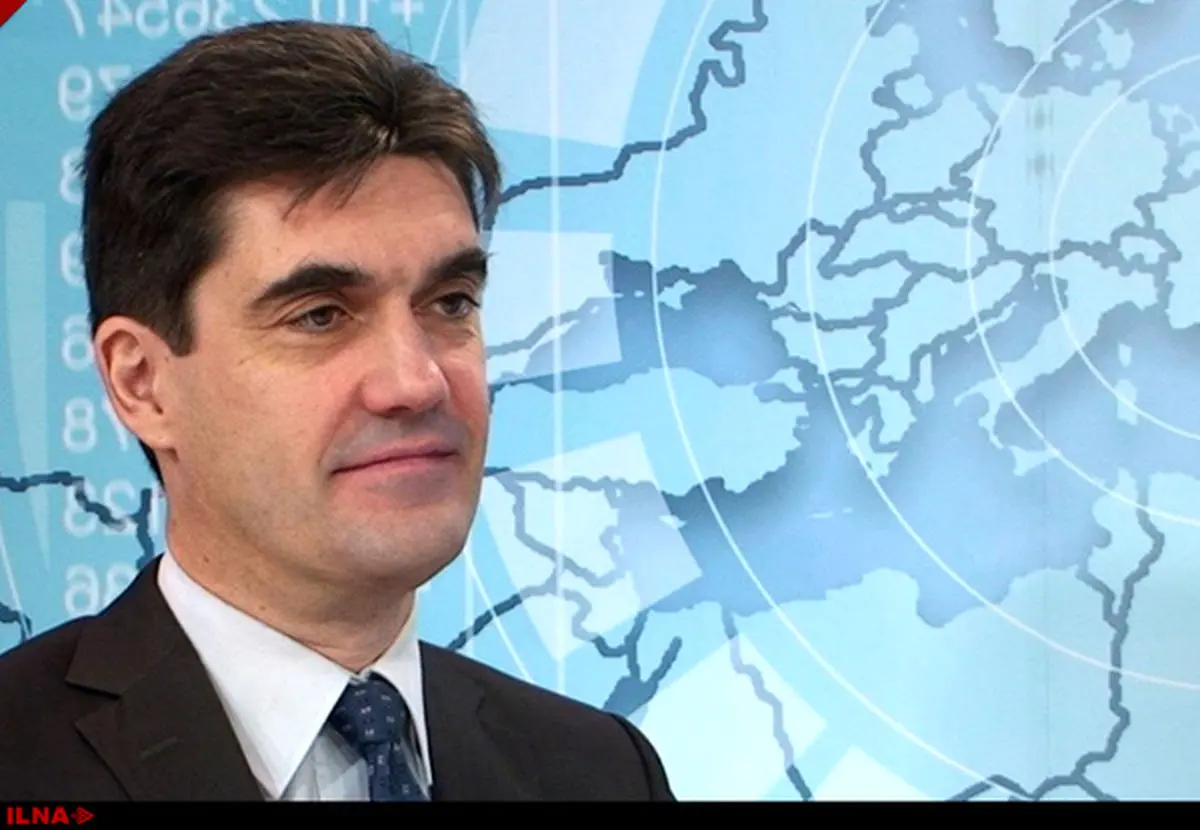Ordinary citizens is first victim of anti-Iranian sanctions; Analyst said

"In the type of complex situation, it is more the population than the regime itself that finds itself the first victim of the consequences of the sanctions regime put in place," said David Rigoulet-Roze, an Iran analyst at l'Institut Français d’Analyse Stratégique (IFAS) in Paris, in an interview with ILNA news agency.
David Rigoulet-Roze is political science professor. He has PhD in Political Science, University of Toulouse-Capitole and expertise in country such as Iran, Iraq, Syria, Yemen and Persian Gulf countries. Speaking to ILNA news agency, he said that the risk of escalation between United states and Iran would become very real if the Iran Revolutionary Guards were to target US forces deployed in Syria, Iraq or Afghanistan.
Below is his full interview with ILNA
Q: Due to the devastating flood in Iran, US sanctions have prevented many aid from entering Iran. How do you justify this behavior?
A: One of the unintended effects of US sanctions against the Islamic Republic is that no foreign financial assistance could be provided to the Iranian Red Crescent, an organization that depends on the Iranian government, while the country is submerged since by severe floods that have left at least 70 dead and 791 injured.
On April 2, after presenting US "condolences" to the Iranian victims, US Secretary of State Mike Pompeo said in a statement that Washington was "ready" to "contribute to the International Federation of Red Cross and Red Crescent, which would then distribute the money via the Iranian Red Crescent for relief. He intended to respond to his Iranian counterpart who had accused his country the day before of "economic terrorism". International aid has nonetheless been delayed to Iran. France sent 12 tonnes of humanitarian cargo, including 114 motor pumps. The German Red Cross has been responsible for sending 40 life-saving rescue canals and even Kuwait has sent several tons of food, water pumps and medicines. But while the UN has said it is ready to send aid to the Islamic Republic, it nevertheless admitted, on March 25, 2019, in a statement from its Office for the Coordination of Humanitarian Affairs (OCHA) that the "challenges caused by unilateral sanctions may actually affect the UN response (...) to deliver the appropriate support. "
Q: Is it true that ordinary people would be the victims of political decisions ?
A: Paradoxically, and as always in this type of complex situation, it is more the population than the regime itself that finds itself the first victim of the consequences of the sanctions regime put in place, even if the population is obviously not the declared target of the said sanctions. This was already shown by the precedent of the sanctions against Iraq between August 1990 and May 2003, despite the proposal in 1991 of an oil-for-food program proposed by UN resolutions. And finally adopted in April 1995, a system besides mortgaged by the Iraqi regime of the time to the great prejudice of its population of which he was undoubtedly rather little worried. This is what will lead the UN Security Council, in May 2002 to relax the sanctions regime by defining more clearly the properties likely to fall under the sanctions, until the end of May 2003.
Q: Given Iran's role in countering terrorism and a group such as ISIL, what justification do you consider calling the Revolutionary Guard as a terrorist?
A: It can be stated beforehand that Iran is not reduced to the Corps of Revolutionary Guards even if, for reasons related to the conditions of historical-political appearance of the Islamic Republic in 1979, it receives preferential treatment from the share of the goverment in terms of financing and equipment in relation to the so-called "regular" army, and in particular to the Artesh (the Army). That is what led President Donald Trump to decide, on April 8, 2019, to include this entity as a whole on the list of "terrorist organizations", an unprecedented and highly uncertain event. It is indeed the first time that a military force constituted by a state is, as such, inscribed on this list, whereas until now only specific individuals and / or entities have found themselves targeted. Elsewhere is still the case on the European list.
Q: Trump's decision to take action against the IRGC, what consequences can it has?
A: It is undoubtedly an unfortunate precedent that makes all diplomatic logic with Iran almost impossible not only for Trump but for a potential successor who will only encounter difficulties if he had to try to get the body out of the country. In addition to reinforcing a form of "national unity" in Tehran, Majlis deputies known to be opposed to the Revolutionary Guards donned their olive-green uniforms, and the US decision brought the Iranian government closer to the government. In fact, while the Supreme Council of Iranian National Security decided by " reciprocity measure" to consider "the United States of America regime as state support for terrorism and the United States Central Command [responsible for military operations in the Middle As a 'terrorist group', the risk of escalation would become very real if the Revolutionary Guards were to target US forces deployed in Syria, Iraq or Afghanistan.
END
